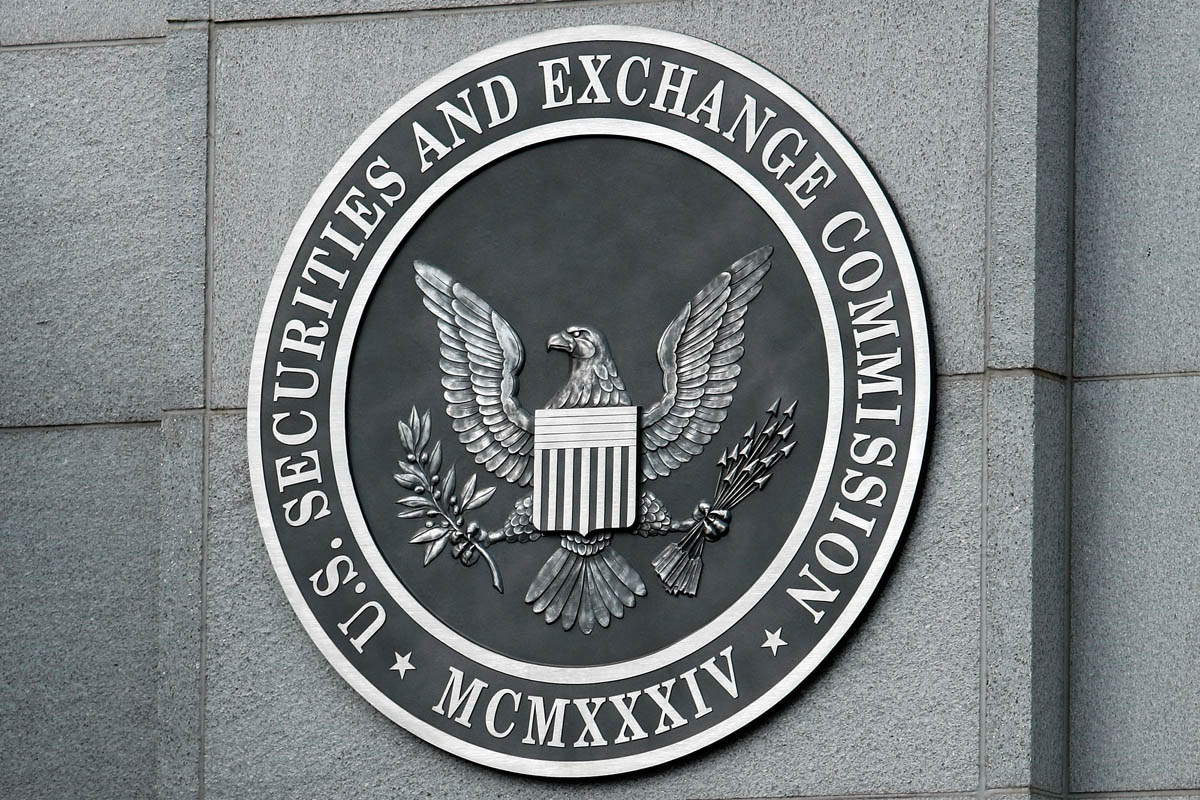Italy’s State-Owned Bank Trials Digital Bonds on Polygon Blockchain
The European Central Bank initiated the trial to explore how blockchains can enhance central bank settlement.

ICOs – initial coin offerings – have become a popular advent in cryptocurrency communities. In 2017 alone, it is estimated that new blockchain projects raked in $5.6 billion USD in funding.
For some, ICOs represent a way to crowdfund interesting ideas and establish decentralized, global communities dedicating to building new projects. In other circles, ICOs are thought of as a means to rapidly invest, make a profit, and sell – all without having to contend with laborious legal processes.
While ICOs are hardly binary, worldwide governments have tended to look at the funding model in fairly black and white terms. While some, such as China, have moved to prohibit access to certain ICO sites behind a ‘Great Firewall’ and other, smaller nations have positioned themselves to become ‘ICO havens’, other countries have yet to issue a stern stance on such crowdfunding.
Cryptocurrency enthusiasts in the United States, however, might be more closely associated with a different form of frustration – given that many new ICOs and blockchain projects have refused to cater for US residents.
Chiefly, the reason for this is simple – present financial regulation in the US dictates that those seeking investment must adequately and responsibly ensure they solicit funds from accredited investors when offering a security.
To adequately explain, we’ll have to dial back to the heyday of the Initial Public Offering, or IPO.
Today, IPOs offer private companies the chance to become publicly-traded entities. By doing so, a company gains the potential of drawing in thousands of new investors (and subsequently, new capital), and can more easily facilitate acquisitions and mergers through issuing stock.
Given the age of the practice, IPOs are conducted in a highly regulated environment. Nations around the world have proposed documentation that outlines how investors can interact with public stocks and can accordingly file tax returns based on their profits or losses when interacting with such investments.
While cryptocurrency enthusiasts and hearty libertarians alike might view this process as cumbersome, regulated IPOs ensure accountability. In the case of fraud, financial regulators will ensure that IPOs are conducted freely and fairly, and that a public board of employees at a firm are held accountable should any incident occur that is contrary to law.
To issue a stock, one is considered to issue a security – a form of investment that can accrue value by the actions or effects of a third party. To be deemed a security, items must both be transferable and contain risk.
The Securities and Exchange Commission (SEC) was inaugurated in 1934 in the US, shortly after the first stock market crash of 1929. The duty of the SEC is to ensure that securities institutions treat investors fairly.
Accordingly, those wishing to sell securities in the United States must be registered with the SEC and provide a description of the company’s properties and business purpose, description of the security being offered, information about the company’s management, as well as financial statements about the company, certified by independent accountants.
Accordingly, investors seeking to invest in unregistered securities must usually be accredited by financial authorities by verifying that they have the financial means or knowledge to take investment risks. Usually, this involves a requirement that one has a net worth of at least $1,000,000 USD (excluding a primary residence) and a yearly income of at least $200,000 USD.

One of the most central debates surrounding ICO regulation is whether tokenized assets constitute utilities or securities.
Usually, utility tokens are expected to give the right of product usage, settle usage fees, or can be used to deliver benefits shares. Utility tokens may not derive value from third parties, but might be reliant on activities within a platform.
Security tokens, conversely, represent a digital asset that is expected to serve as an investment (or share), in a common enterprise. Typically, US regulators invoke the Howey Test to dictate whether a stock, bond, or even an ICO offers a utility or a security.
Should an ICO pass the Howey Test’s below stipulations, it is commonly thought to be offering a security:
It is an investment of money
There is an expectation of profits from the investment
The investment of money is in a common enterprise
Any profit comes from the efforts of a promoter or third party
Given that securities hold value outside of the cryptocurrency product they stem from, the designation traditionally means that such investments can be subject to tax.
The overall predicament is complicated, however, by the fact that cryptocurrency assets can be inter-operable (meaning that one asset may be eligible for use or trade on another platform), and it can be difficult to determine whether a token has enjoyed its value simply because its use case within a platform has increased or become notable, or whether it has become prized as a ‘share’ of a cryptocurrency initiative and is traded accordingly.
Given that certain ICOs may be viewed as securities – and, without registration with the SEC, be deemed unregistered securities – many have taken the stance to preclude soliciting funding from US citizens for fear of attracting unaccredited investors.
Should an ICO proceed to accrue funding from unaccredited US citizens, projects can potentially expose themselves – and their founders – to criminal liabilities.
Tensions were stoked earlier this year when the SEC confirmed that it was conducting ‘dozens’ of investigations into the operations of certain ICO projects. The SEC has, in the past, examined token sales for signs of non-compliance or outright illegal activities.
The move has seen several ICOs elect to rebase their offerings, or pause their activities to seek further guidance from the SEC.
The inability to participate in certain ICOs has arrived as a frustration to several US-based cryptocurrency enthusiasts, and has complicated the presence of local companies wishing to conduct an ICO on their home soil.
To many, the SEC’s views on ICOs and the potential offering of securities might be considered antiquated, given that most of the formative law that governs what constitutes a security was dictated more than 50 years ago.
Further abroad, different national governments have sought to iterate on the Howey Test, and have attempted to refine the legislative stance that has impounded several US-based ICOs.
In recent weeks, the Malta Financial Services Authority (FSA) is seeking public feedback on its newly proposed Financial Instrument Test. Under the wing of the Virtual Financial Asset Act (VFAA), the test would be underpinned by a three-stage process.
Digital assets would be placed under varying forms of scrutiny, and then – pending their definition – would be subject to relevant European law.
Only time will tell, however, if the SEC will reconsider its stance on security tokens and ICO investment. Until such time, ICOs may continue to view the US as an unattractive venue in which to solicit investment – potentially leaving thousands of interested cryptocurrency entrepenuers stranded.
The European Central Bank initiated the trial to explore how blockchains can enhance central bank settlement.
n recent months, inflation measures, including the Consumer Price Index and Personal Consumption Expenditures Index, have moderated.
BlockFi clients are to note that client communications will exclusively occur through official email channels.
CryptoQuant CEO says Bitcoin is still vulnerable to “speculative FUDs,” giving smart money a way to buy up cheap BTC.